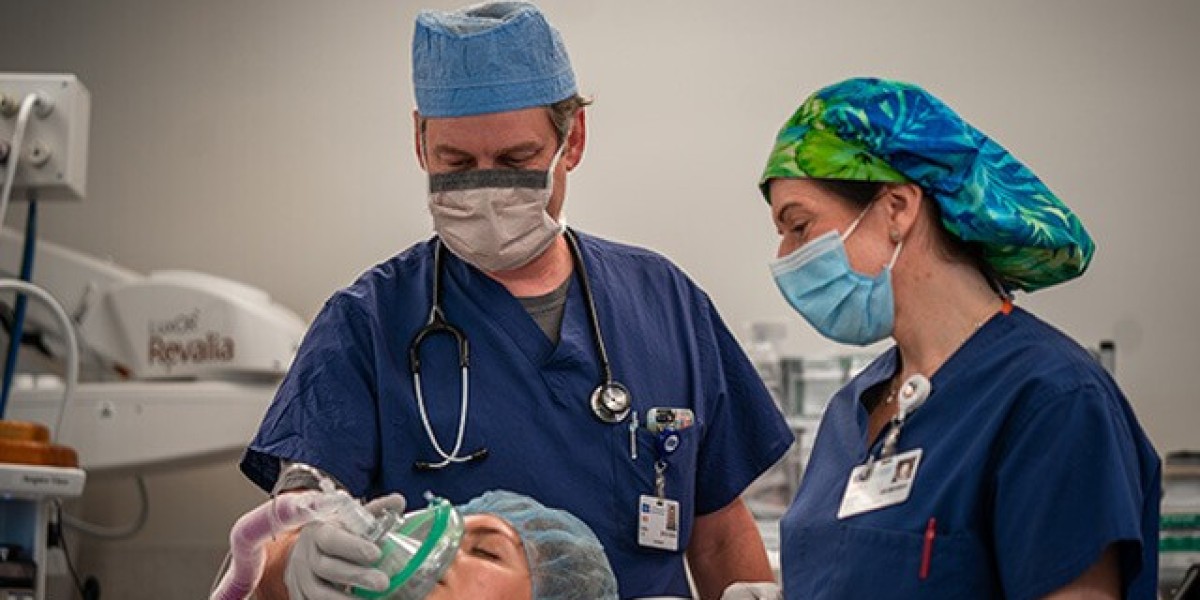The healthcare industry is always changing, and as a result, the function of CRNA job Responsibilities and Duties has expanded to include many specialized areas. Various healthcare providers offer CRNA per diem jobs that offer flexibility to enhance your quality of life and allow you to bring your expertise to various healthcare settings, contributing to patient care on your terms.
In this article, you will learn about the diverse landscape of CRNA specializations, shedding light on the unique opportunities and challenges.
1- Understanding the CRNA role:
It's essential to have a thorough understanding of the function before you start looking into CRNA specialties. Anesthesia is administered by Certified Registered Nurse Anesthetists advanced practice nurses who make operations and other medical procedures safer for patients. CRNAs are skilled in managing pain and have received extensive training in various anesthetic approaches.
2- Types of CRNA specializations:
When looking for CRNA careers, specializations offer opportunities to focus your skills and knowledge in specific areas. They are:
a. Pediatric anesthesia:
Pediatric work with children this specialization requires expertise in pediatric anatomy, physiology, and anesthesia techniques.
b. Cardiac anesthesia:
CRNAs in this field specialize in providing anesthesia for heart surgeries and procedures, requiring extensive knowledge of cardiac physiology and anesthesia management.
c. Obstetric anesthesia:
This specialty entails taking care of both the mother and the child and is centered on administering anesthetic during labor and delivery.
d. Neurosurgical anesthesia:
CRNAs in this field work with patients undergoing brain and spinal cord surgeries, necessitating a deep understanding of neuroanatomy and specialized techniques.
e. Acute pain management:
This specialty, which focuses on post-operative pain management, aids patients in recovering more pleasantly.
3- Education and training requirements:
Depending on the specialization you choose, you may need additional education and training. Some specializations, like cardiac or pediatric anesthesia, may require specific certifications or fellowships. Ensure you understand the educational path for your chosen specialization.
4- Career opportunities and demand:
Research the demand for CRNA careers in your chosen specialization. There can be more opportunities in some places than others. For instance, pediatric anesthesia specialists may find more positions in children's hospitals, while acute pain management specialists could work in various healthcare settings.
5- Continuing education and professional growth:
After specializing, it's essential to stay updated on the latest advancements in your field. Consider joining professional organizations, attending conferences, and pursuing further certifications to enhance your knowledge and skills.
In conclusion
Exploring CRNA specializations is crucial in advancing your career as a nurse anesthetist. While a CRNA's core role remains consistent, providing safe and effective anesthesia care specializations allows you to delve deeper into specific areas of expertise.
Suppose you are looking for healthcare organizations that offer CRNA per diem jobs. North American Partners in Anesthesia is one of the prominent healthcare organizations known for offering CRNA daily jobs. With a strong presence in anesthesia and care following surgery, they provide CRNAs with excellent opportunities to work flexibly and collaboratively in various clinical settings.
Lewis Robe is the author of this article. For more details about Certified Registered Nurse Anesthetist (CRNA) careers please visit our website: careers.napaanesthesia.com



